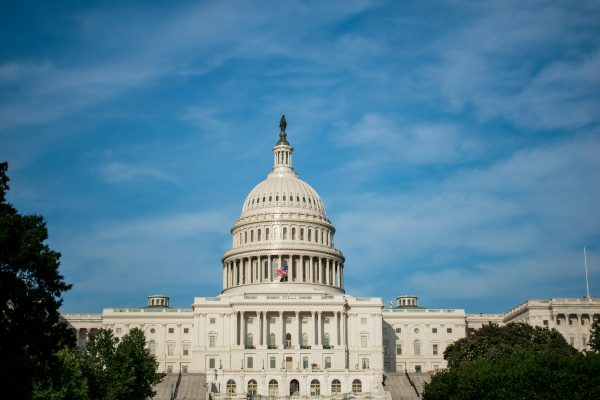Letters to the Regulators: Letter to the SEC in Opposition to Private Credit Exchange Traded Fund
The Americans for Financial Reform Education Fund led a letter of 10 signers urging the Securities and Exchange Commission (SEC) to reject an application for a novel exchange traded fund (ETF) that would allow retail investors to invest in the $1.7 trillion private credit market. Several larger institutional investors have already taken losses in the private credit market and the letter warns how the presence of an institutional investment manager still fails to mitigate concerns around valuation, conflicts of interest, and suitability.








